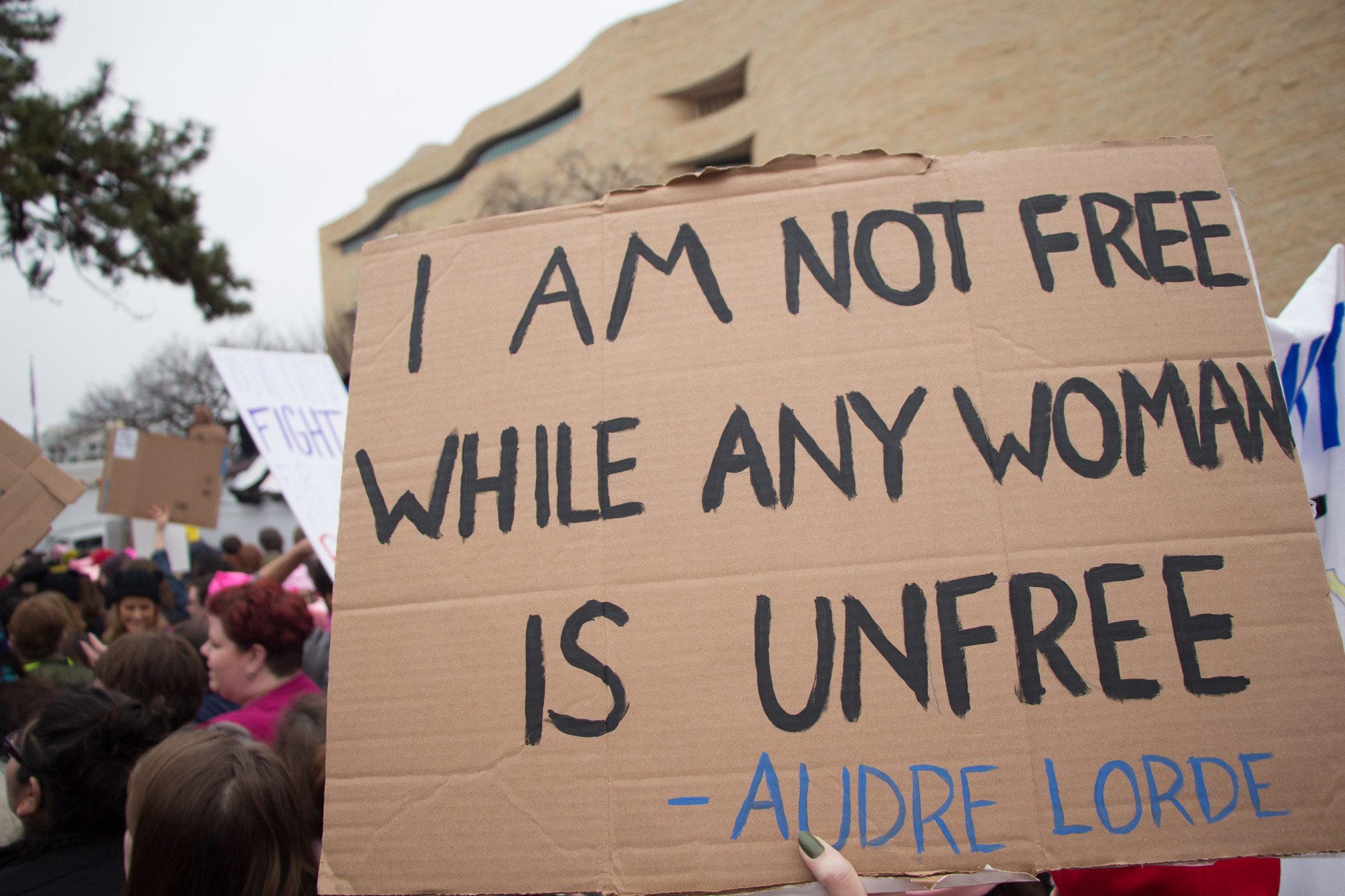This project explores feminist academics’ experiences of teaching gendered and intersectional socio-legal content linked to criminal justice issues in University settings.
Project Description
Exploring Feminist Academics’ Experiences of Incorporating Gender and Intersectional Issues into their Teaching
Dr Charlotte Bishop (Exeter) and Dr Marian Duggan (Kent)
Sponsor: Socio-Legal Studies Association (£2,500)
Project length: 18 months
About the Project
Criminal justice professionals increasingly have a background in Law or Criminology. This makes the ways in which these subjects are taught at degree-level of particular importance in equipping these professionals with awareness of the overt and covert bias and discrimination within the CJS, and with the desire to challenge this at both personal and institutional levels.
Furthermore, bias against female academics within Higher Education persists, particularly against those who incorporate feminist / gendered perspectives into their teaching. In light of the wider socio-political backlash against feminism, there is merit in identifying how feminist academics can, and do, negotiate any resistance from ideologically opposed students and colleagues.
This project therefore explores feminist academics’ experiences of teaching gendered and intersectional socio-legal content linked to criminal justice issues in University settings.
The aims of the research are:
- to discover the extent to which gendered and intersectional feminist perspectives are incorporated into specific areas of criminological and legal teaching across UK Universities;
- to identify the subjective and objective challenges faced by participants when attempting to incorporate feminist perspectives in to relevant content, as well as how these challenges may have been overcome; and
- to identify cases of best practice in overcoming these challenges to disseminate as a pedagogic toolkit.
Qualitative research is currently being carried out via an online survey with academics in UK Universities who identify as feminist and teach on Criminal Law, Criminology or Criminal Justice modules. Follow up focus groups to further explore the findings from this survey will be carried out in the autumn.
Project Outputs
Papers will be presented at British Society of Criminology (2019 and 2020), Socio-Legal Studies Association (2020), and Society of Legal Scholars (2020) conferences. Outputs will also include a journal article, and smaller pieces published in the media. A Research report outlining key findings and implications will be shared with committees dealing with equality, diversity and inclusivity in legal and criminology education in Higher Education, as well as other stakeholders (e.g., College of Policing, CPS, SRA, BSB, and British Society of Criminology).
Photo: © Lindsey Jene Scalera, CC BY-NC 2.0

